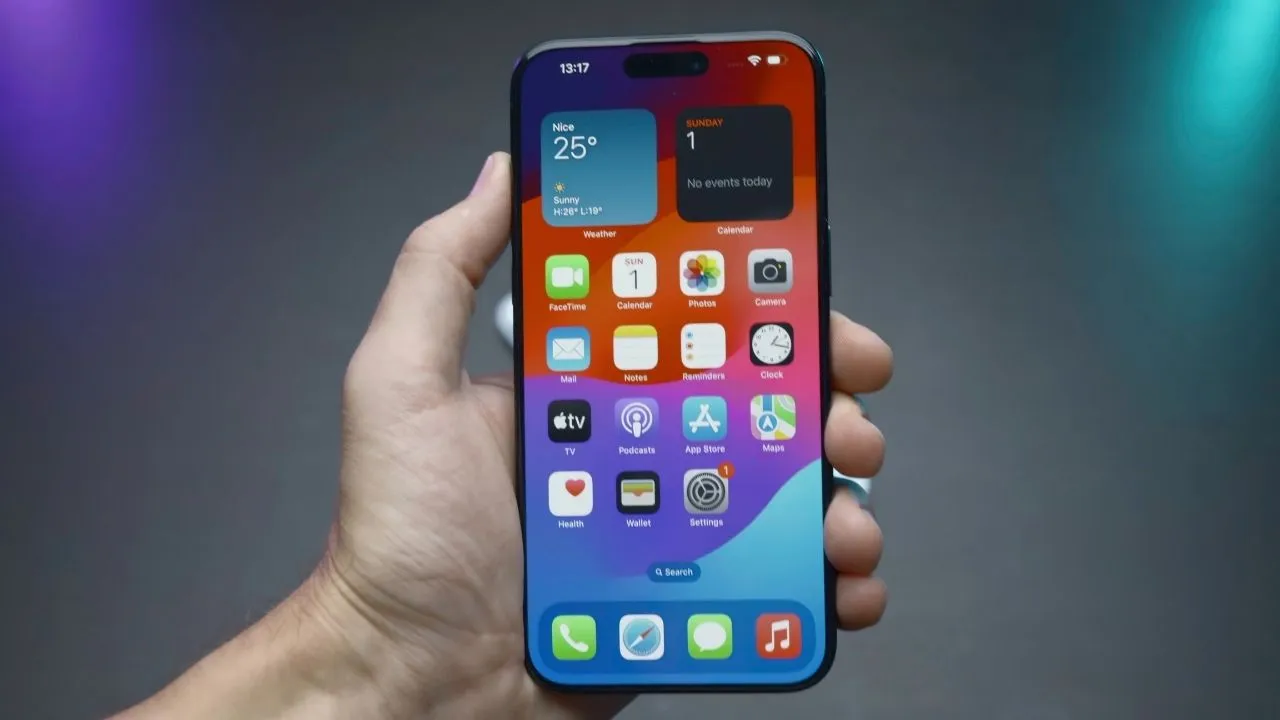In the realm of artificial intelligence, Microsoft has positioned itself as a leader, advocating for ethical AI development and responsible deployment. However, a closer look reveals a stark contrast between the company’s rhetoric and its actions. This article delves into the complexities of Microsoft’s AI strategy, highlighting the instances where the company’s pursuit of profit appears to overshadow its commitment to ethical AI principles.
Microsoft’s Stated Commitment to Ethical AI
Microsoft has publicly declared its dedication to responsible AI development. The company has established an internal ethics committee and published a set of AI principles that emphasize fairness, reliability, safety, privacy, inclusiveness, transparency, and accountability.
Actions That Contradict Microsoft’s Stated Principles
Despite its ethical pronouncements, Microsoft’s actions often tell a different story.
- Aggressive Commercialization: Microsoft has been criticized for prioritizing the commercialization of AI over ensuring its ethical deployment. The company has been accused of rushing AI products to market without adequately addressing potential risks and biases.
- Data Privacy Concerns: Microsoft’s data collection practices have raised eyebrows. The company has been criticized for collecting vast amounts of user data, which could be used to train AI models without users’ explicit consent.
- Military Contracts: Microsoft’s involvement in military contracts has drawn scrutiny. Critics argue that the company’s AI technology could be used to develop autonomous weapons, raising ethical concerns.
- Lack of Transparency: Microsoft has been accused of lacking transparency in its AI development processes. The company has been criticized for not disclosing enough information about how its AI models are trained and how they make decisions.
The Implications of Microsoft’s AI Hypocrisy
Microsoft’s AI hypocrisy has far-reaching implications.
- Eroding Trust: The discrepancy between Microsoft’s words and actions erodes public trust in the company and the AI industry as a whole.
- Perpetuating Bias and Discrimination: The rush to commercialize AI without addressing potential biases can lead to discriminatory outcomes, further marginalizing vulnerable groups.
- Job Displacement: The unchecked development of AI could lead to widespread job displacement, exacerbating economic inequality.
- Weaponization of AI: The use of AI in military applications raises concerns about the potential for autonomous weapons and the erosion of human control over warfare.
Personal Experiences and Observations
As someone who closely follows the AI industry, I have witnessed firsthand the growing gap between Microsoft’s ethical rhetoric and its actions. I have observed the company’s eagerness to capitalize on AI’s potential while seemingly downplaying the associated risks. This disconnect raises serious questions about the company’s true motivations and its commitment to responsible AI development.
Microsoft’s AI hypocrisy underscores the challenges of balancing technological advancement with ethical considerations. While the company’s stated commitment to ethical AI is commendable, its actions often fall short of its ideals. It is imperative for Microsoft to align its practices with its principles to ensure that AI is developed and deployed in a manner that benefits society as a whole. The future of AI hinges on the ability of companies like Microsoft to prioritize ethical considerations alongside commercial interests.









Add Comment